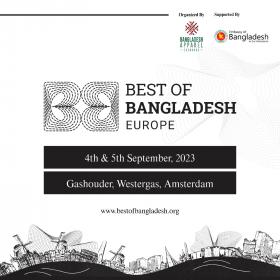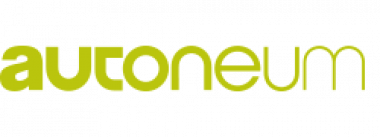adidas: Preliminary second quarter results and full year guidance
adidas announced preliminary results for the second quarter of 2023. In Q2, currency-neutral revenues were flat versus the prior year level. In euro terms, the company’s revenues declined 5% to € 5.343 billion (2022: € 5.596 billion). The company’s gross margin was up 0.6 percentage points to 50.9% during the quarter (2022: 50.3%). Operating profit reached € 176 million in Q2 (2022: € 392 million), reflecting an operating margin of 3.3% (2022: 7.0%). The company’s top- and bottom-line development in the quarter was positively impacted by the first sale of some of its Yeezy inventory as announced at the end of May. In addition, the underlying adidas business also developed slightly better than expected.
Consequently, the company has updated its full year guidance. adidas now expects currency-neutral revenues to decline at a mid-single-digit rate in 2023 (previously: decline at a high-single-digit rate). At the same time, the company’s underlying operating profit – excluding any one-offs related to Yeezy and the ongoing strategic review – is still anticipated to be around the break-even level.
Including the positive impact from the first Yeezy drop, the potential write-off of the remaining Yeezy inventory of now € 400 million (previously: € 500 million) and one-off costs related to the strategic review of up to € 200 million (unchanged), the company now expects to report an operating loss of € 450 million in 2023 (previously: loss of € 700 million).
If successful, potential future Yeezy drops would further improve the company’s results.
adidas AG
































